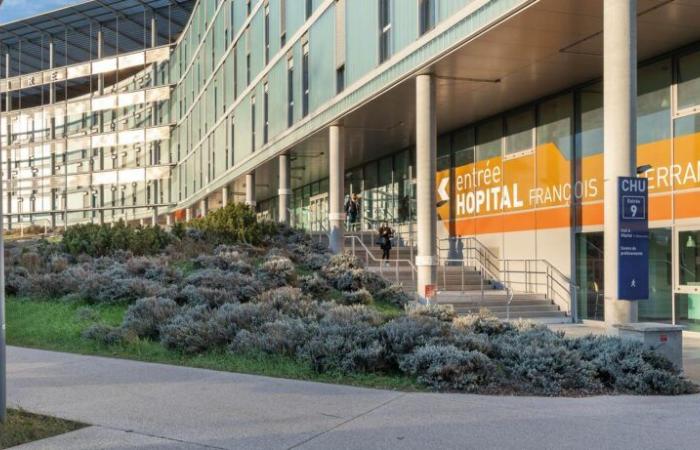
The Dijon Burgundy University Hospital takes a major step forward in the treatment of back pathologies by creating the Dijon Burgundy University Spine Institute. This ambitious project brings together multidisciplinary skills, notably neurosurgeons, rheumatologists, radiologists and rehabilitation specialists, to provide optimal care for spinal pathologies. It aims to treat serious and disabling spinal conditions, which constitute the leading cause of work incapacity in France.
The objective of this institute is not only to translate the high level of expertise of the CHU teams but also to support the development of a global care offer for the benefit of the population of Burgundy-Haute-Marne. The pathologies concerned are diverse: from trauma such as fractures and vertebral compressions, to tumor conditions (metastases, myeloma, hematologic malignancies), including spinal deformations and degenerative lesions linked to aging.
A multidisciplinary project for better care
The project is part of the multidisciplinarity strategy developed by the Dijon University Hospital, strengthening concrete cooperation between different services. For example, the effective partnership between neurosurgery and rheumatology, particularly in the “painful deformity of the adult spine” sector, is at the heart of this initiative. In addition, close collaborations with the neuroradiology department and with the Inserm U1093 research laboratory, directed by Professor Charalambos Papaxanthis, make it possible to carry out fundamental research programs aimed at improving the quality of patient care.
A cutting-edge technical platform
Dijon University Hospital continues to invest in cutting-edge equipment to maintain a high level of performance. Neurosurgeons can rely on an innovative technical platform, particularly with the recent acquisition of a new 3D imager allowing precise surgical interventions. Other investments include a new navigation console, an increase in the number of surgical engines, and multimodal interventional rooms. The neurosurgery department has also deployed endoscopic spine surgery, allowing minimally invasive interventions, beneficial for postoperative recovery.
The CHU is also considering the acquisition of a surgical robot for spinal operations, which would make Dijon the fifth city in France to have this type of technology, after Paris, Lille, Bordeaux and Amiens. These technical improvements aim to offer patients the best possible solutions for their treatment.
A project focused on the future and innovation
This project is part of the development plan for the CHU’s surgical and interventional activities for the period 2024-2028. The objective is to respond to the increase in health needs in the territory, in particular for regional referral activities. A building extension is planned to support this development, as well as the strengthening of the care pathways already in place, such as enhanced recovery after surgery (RAAC) and the remote monitoring pathway for patients at home.
The project also includes an important territorial dimension, providing for the expansion of the consultation offer in different localities in Burgundy-Haute-Marne, such as Auxerre, Chaumont, Nevers, and Semur-en-Auxois. This will allow better accessibility to care and graduated care for patients.
Research, training and digital transformation
The university spine institute integrates a strong dimension of research and innovation, relying on collaboration with health manufacturers and fully integrating itself into the digital transformation of the University Hospital. The project aims to develop research programs parallel to clinical activities to improve care practices.
The university dimension is an essential element of the project, illustrating the importance of training CHU students and professionals. The objective is to pass on cutting-edge know-how and train future generations of healthcare professionals.
Finally, if the institute focuses on spinal pathologies, the neurosurgery department of the Dijon Bourgogne University Hospital remains a reference for the management of craniocerebral and functional pathologies, offering consultations in other hospitals in the region. Thus, the Dijon University Hospital confirms its leading role in the field of high-specialty care in Burgundy-Haute-Marne, relying on expertise, excellence and innovation to offer patients quality care. optimal.





